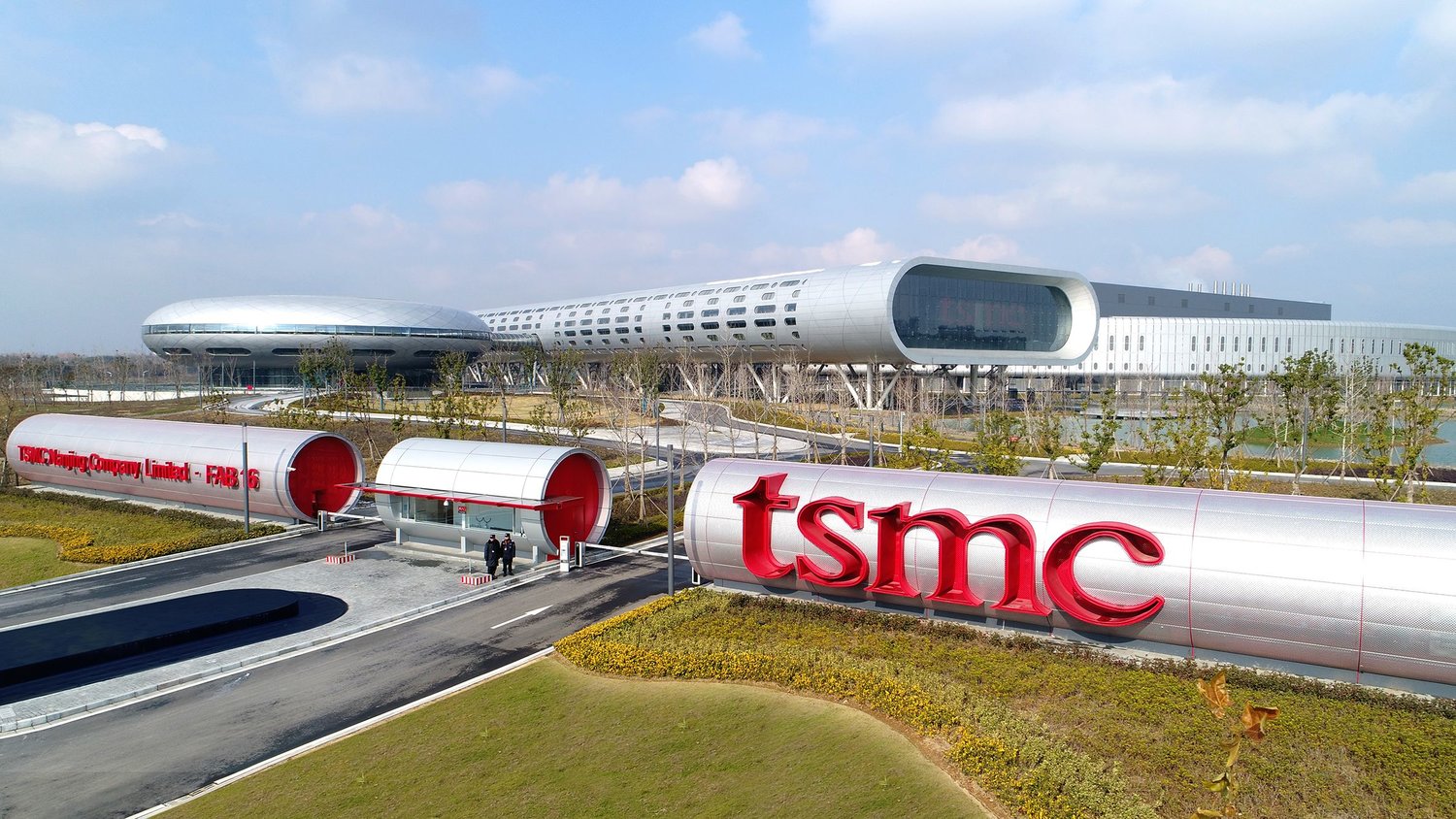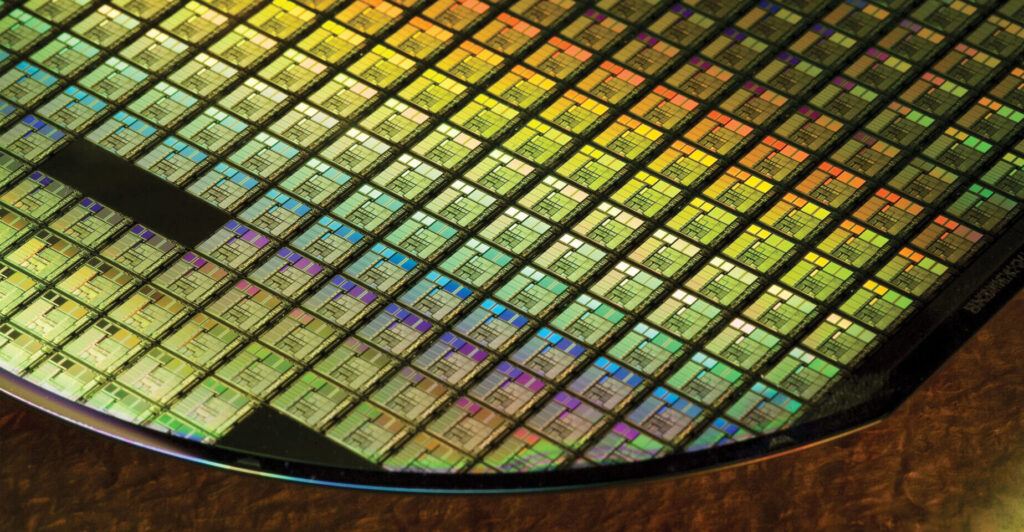TSMC’s 3nm Orders Faces Delays From Apple & Other Buyers Following Production and Cost Issues

There have been reports that production issues with TSMC’s 3nm process have caused some major tech companies to postpone plans to use the technology into their products. The forthcoming A17 Bionic and M3 for next iPhones and Macs will be mass produced by TSMC using their 3nm technology.
In addition to Apple, DigiTimes claims that significant TSMC clients Qualcomm and MediaTek have postponed placing orders for the chipmaker’s sub-3nm wafers. If this trend persists, this choice may have a detrimental effect on TSMC’s revenue growth.
The A16 Bionic and the A17 Bionic, the first 3nm smartphone chipsets in the world, are manufactured by TSMC. However, according to industry sources, Apple’s chip orders will be a major factor in TSMC’s growth in 2023. Reduced smartphone and hardware demand, which is producing empty chip inventory, is the main cause of big companies delaying their intentions to adopt sub-3nm semiconductor technology for their products.

Furthermore, TSMC is unable to meet Apple’s chip requirements for the A17 Bionic and M3 because production issues with the most recent 3nm node iteration have arisen. Shipments may be further delayed if advanced 3nm process variants like N3E are more expensive to manufacture at the same yield rate.
Customers of TSMC will presumably continue to purchase 3nm shipments until they believe that sub-3nm wafers have reached a mature stage in terms of price and output, which might take a few years.





